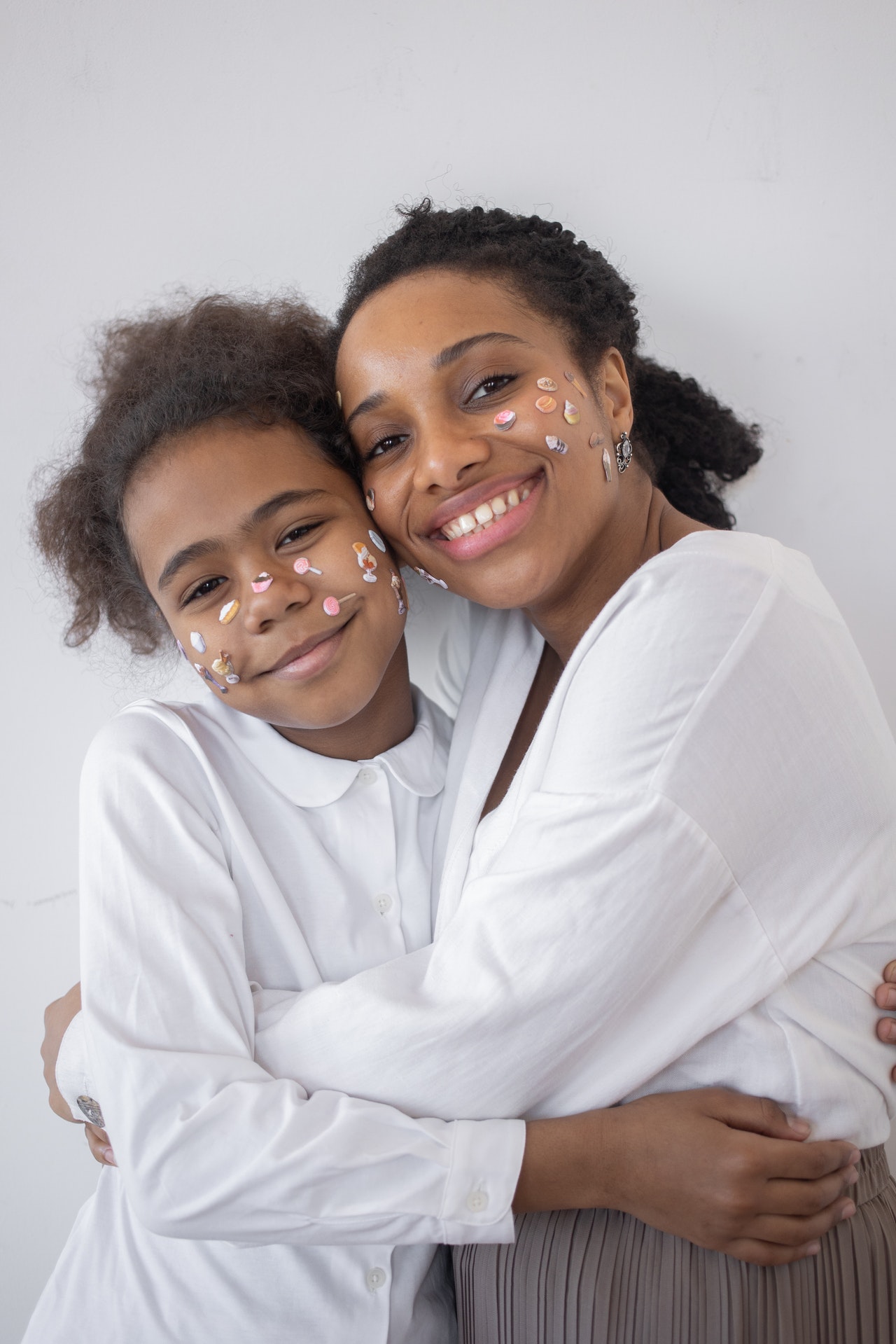Features
Rita Chidinma: When it Comes to Mental Healthcare in Nigeria, Mothers Are Left Behind

A few weeks ago, I wanted to host an Instagram live on my blog, the live was going to be about maternal mental health. This particular topic is so important to me because, you see, I had my first two kids exactly 11 months and a week apart, and I had the third just two years later. I had been taken totally unawares by pregnancy three times, and the details of how I made it through those years, and how I’m still thriving enough to write about it, is a story for another day.
So I set about reaching out to my doctor friends to connect me to any maternal mental health expert they knew in the country, and guess what? They actually didn’t know anyone. Now, at this point you might think, “but maybe there’s actually someone, just that the people I reached out to didn’t know or couldn’t reach them,” but there’s almost nothing (I say this because I spent weeks researching this topic on the internet), about maternal mental health in Nigeria.
While I was doing my research and hoping for a breakthrough (to have an expert as a guest on the live session), I came across this one article that talked about postpartum depression and maternal mental health in mothers in Nigeria. I quickly jumped on it, but realised shortly after that the write-up was mostly statistics. It contained nothing about the actual experiences of mothers, and, oh, the authors were social workers too, not maternal mental health experts like I was looking for.
It got to a point where my doctor friend suggested I get a clinical psychologist on board instead, as the expert on the mental health of mothers in Nigeria that I was looking for wasn’t forthcoming. I agreed. Then the next task started – to find a female clinical psychologist. Now, there was no other reason I was looking for a female other than the fact that I felt that a female would be able to relate with the mothers on my blog on the issues concerning their mental health, than a male. But the few ones I reached out to weren’t available at the time. So I decided to go with the one that agreed, a male.
Now during the live session, he confirmed to us that there are currently no specialised maternal mental health centres in Nigeria, there was no place a mother could walk into if she felt some “type of way,” a place that catered to mothers specifically, except the psychology departments in federal hospitals. I also asked the doctor why our country focuses more on child abuse and neglect and not on the mental health of the primary care givers of the children, and we talked about how a lot of things needed to change.
There are so many factors that contribute to the deterioration of a mother’s mental health in our part of the world: difficult pregnancy/delivery; postpartum depression; postpartum anxiety; emotional instability; financial dependence on spouse; lack of adequate support, and so on.
As someone who has had kids “back to back” and have also had the opportunity to listen to the stories of fellow mothers, I think it’s safe to say that when it comes to mental health in our part of the world, mothers are on their own.
A lot of women enter into motherhood without any idea what is waiting for them at the other side of the divide. The information available is so little, and most times so insignificant too. The antenatal classes cover how a mother can keep her body and baby healthy up until delivery, and benefits of exclusive breastfeeding and all of that. They don’t cover anything about the monumental impact new motherhood has in the life of a woman, or the psychological effect the transition to motherhood life has on her, or even ways she can cope. All that one is OYO (on your own).
With all that has been said, how can we protect our mental health as mothers?
Planning
Remember I said I had 3 pregnancies that took me unawares? Don’t be like me; plan your life. Discuss how many kids you would like to have with your partner. Discuss family planning. Discuss and save for any eventualities with the mode of delivery. Plan how the baby will be fed (exclusive/combined feeding?). Plan, plan, plan.
Get more informed
Since we’ve already established that there are no specialised help centres for mothers currently in Nigeria, make it a point of duty to get more information. There are lots of motherhood communities on social media, join some. Read about the experiences of women like you and draw strength to move ahead in your own journey.
It’s true that we may be on our own, but we still have each other.
***
Photo by EKATERINA BOLOVTSOVA from Pexels





















